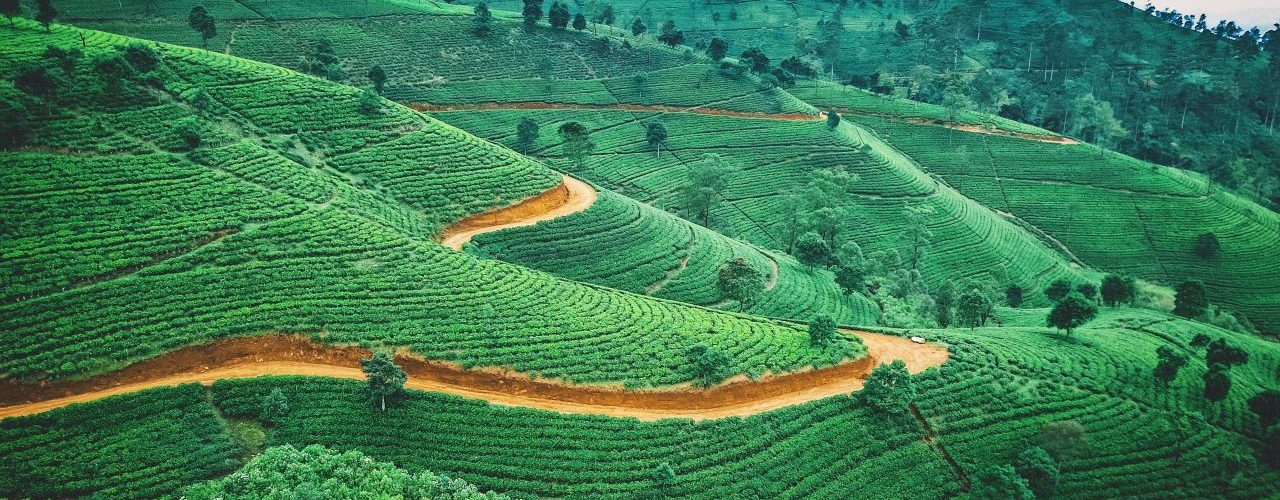- Increase in VAT rate from 15 to 18 percent has faced criticism and protests
- Critics argue that there are alternative ways to generate necessary funds
- IMF does not want to borrow from local banks or resort to currency printing, so increasing VAT is the only option
- President Ranil Wickremesinghe proposed removing VAT exemptions and increasing the rate to 18 percent
- Sri Lanka has a Cascading Social Security Contribution Levy (CSSCL) that some analysts suggest folding into a 20 percent VAT
- VAT is seen as superior to income tax as it allows for more economic activity and tax generation from the informal economy
- Sri Lanka is focusing on maximizing revenue from progressive direct taxes and simplifying the tax structure
- Only the top 20 percent of the population are subject to personal income tax
- Negotiating tax reductions with the IMF and creditors for the top 20 percent of the population is challenging for the authorities.
Source: dailynews.lk
Note that this post was (partially) written with the help of AI. It is always useful to review the original source material, and where needed to obtain (local) advice from a specialist.















